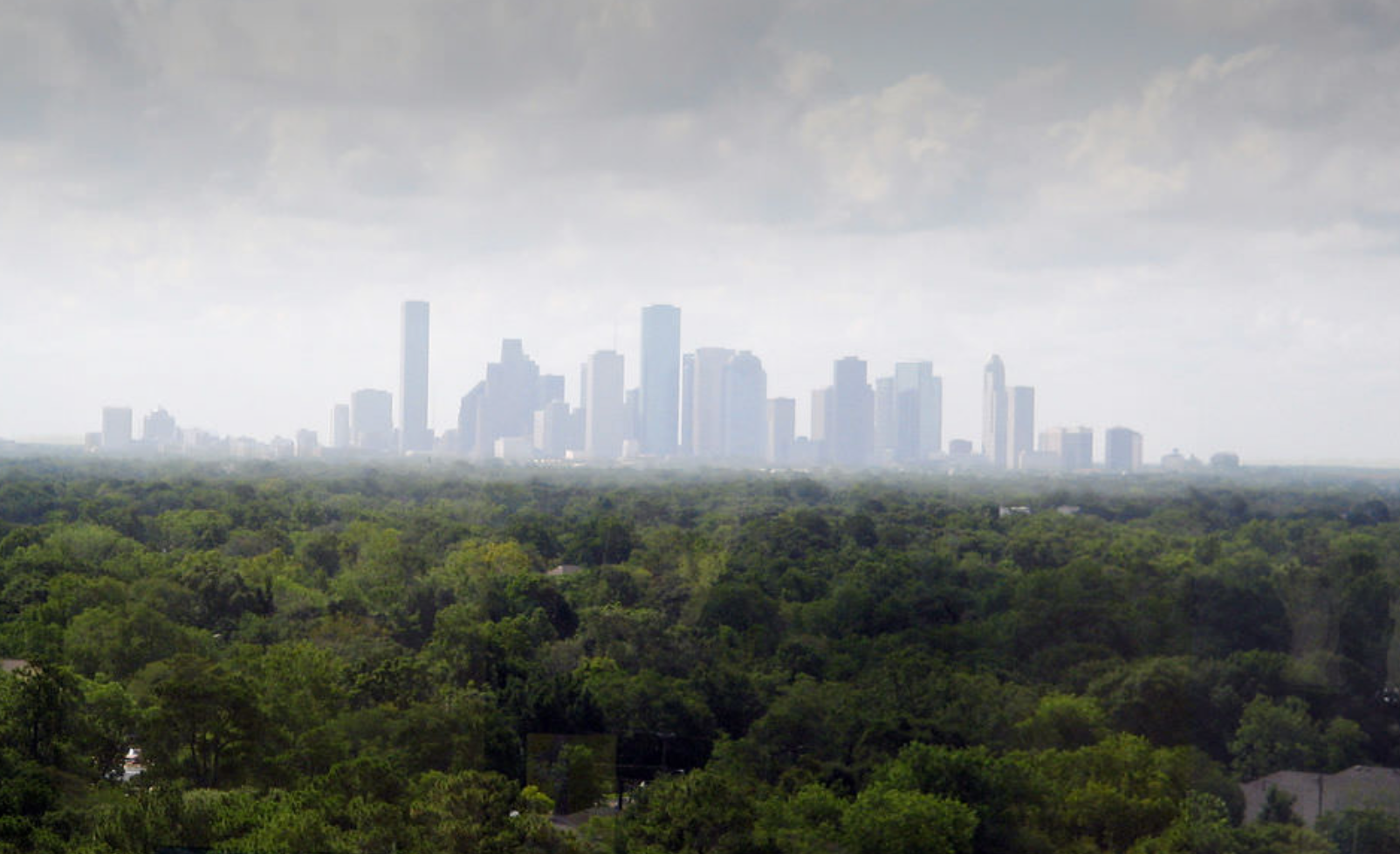A message from Kinder Institute Director Bill Fulton:
Like all of you, we have been saddened by the devastation Hurricane Harvey wreaked on Houston, yet uplifted by the amazing community response. We are all safe and sound and we hope you are too.
The road to recovery after Harvey will be a long one, and it will require a lot of work from all of us. At the Kinder Institute, we are taking several short-term steps to make our resources available to those in need. I’ll detail those efforts below – and I ask that you help us publicize these efforts so we can provide as much help as possible.
But even as we work to assist in short-term recovery, we also must look at the long term. Tragic though it may be, now is a moment of unique and historic opportunity. Given the floods of the last three years, it would seem that devastation from natural disasters is no longer the exception. It’s the norm. So it’s time to have a new kind of conversation about the future of Houston – one that focuses on the long-term prosperity, resiliency and sustainability of the city, the region and its people.
As of today, we at the Kinder Institute are dedicating ourselves to this conversation – facilitating it, helping to shape it and working to implement the good ideas that emerge from it.
Houston is a can-do place – a place where things get done. That’s why I live here, because I think it is possible to accomplish things in Houston that simply cannot get done in other places.
At the same time, Houston is a vulnerable place – susceptible to hurricanes, prone to flooding. It’s a city of great opportunity but also a city of great risk for rich and poor alike.
That requires all of us to step up and deal with Houston’s future in a different way – in the short term and the long term. And that’s what the Kinder Institute will do, starting today.
In order to provide assistance where it is most needed, we are immediately taking the following three steps:
First, we have publicly launched the Houston Community Data Connections effort ahead of schedule in order to help community organizations gain access to data and research services necessary for their recovery. HCDC provides neighborhood-level data about Houston publicly on the web and also provides research services to community groups. We are still testing this tool out but we wanted to offer it now. More data will be added to the dashboard in the coming weeks. To request research services, email us at hcdc@rice.edu.
Second, the Urban Edge is providing regular coverage on the Harvey recovery including maps explaining the current situation and resources for people in need, as well as a synthesis of the research and writing on the impact of urbanization on Houston’s flooding. We will continue to cover the story into the recovery and beyond.
Third, next week we expect to announce flood-related research projects under the auspices of the Houston Solutions Lab, Rice University’s research partnership with the City of Houston. This is only the first step in attacking urban problems jointly with the city.
And in the long term, as I said before, we are committed to a major rethinking of how Houston approaches its urban problems – and especially the problems of urban resiliency that the Harvey experience has revealed.
We at the Kinder Institute don’t pretend to have all the answers about how to make Houston a more sustainable and resilient city. But we do know that it’s probably a both/and solution. Protecting Houston and its people probably requires more engineering solutions and more green infrastructure and more attention to the social and economic needs of vulnerable populations all over the city.
Nor do we know exactly how this conversation should be structured or how long-term action should be pursued. But be assured that we will continue to engage in community-oriented research, thoughtful coverage and high-profile events around town that will highlight the issues at hand and, we hope, lead Houston toward transformational solutions.
Over the past three years, the Kinder Institute has dedicated itself to serving as an honest broker of information and ideas that will help make Houston a better city. At this moment – a moment both inspiring and tragic – we will redouble our efforts to help move Houston to new heights as a prosperous, sustainable and resilient city.


